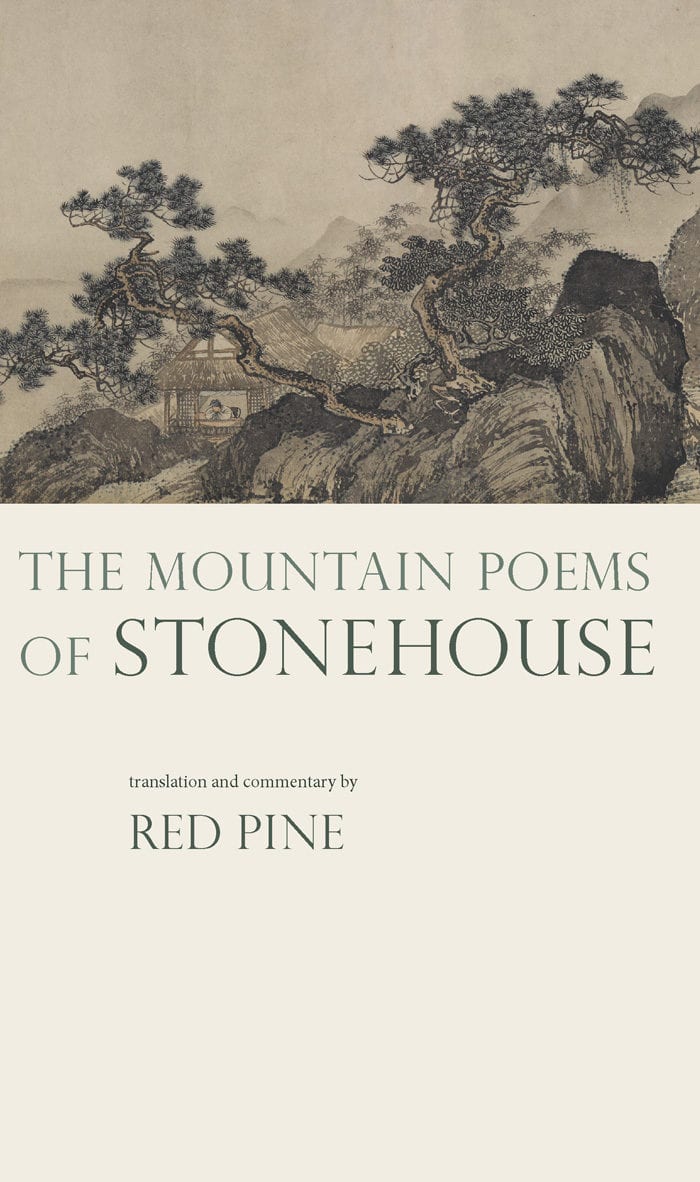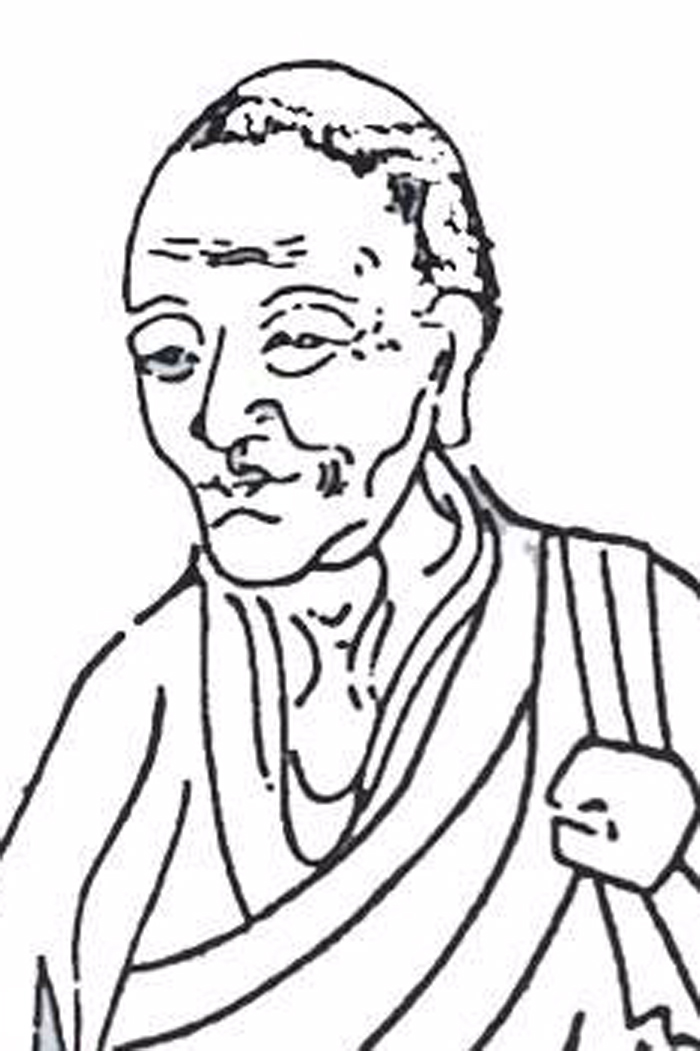
The Zen master and mountain hermit Stonehouse—considered one of the greatest Chinese Buddhist poets—used poetry as his medium of instruction. Near the end of his life, monks asked him to record what he found of interest on his mountain, and Stonehouse delivered to them hundreds of poems and an admonition: “Do not to try singing these poems. Only if you sit on them will they do you any good.” Newly revised, with the Chinese originals and Red Pine’s abundant commentary and notes, The Mountain Poems of Stonehouse is an essential volume for Zen students, readers of Asian literature, and all who love the outdoors.
ISBN: 9781556594557
Format: Paperback
142
Parched wheat and pine pollen make a fine meal
vine flowers and salted bamboo make a tasty dish
when I’m exhausted I think of nothing else
let others become buddhas or immortals
Reviews
“The Mountain Poems of Stonehouse [is] a tough-spirited book of enlightened free verse.” —Kyoto Journal
“Red Pine introduces Western readers to both the text itself and the traditions it has inherited.” —Virginia Quarterly Review
“Red Pine’s succinct and informative notes for each poem are core samples of the cultural, political, and literary history of China.” —Asian Reporter

